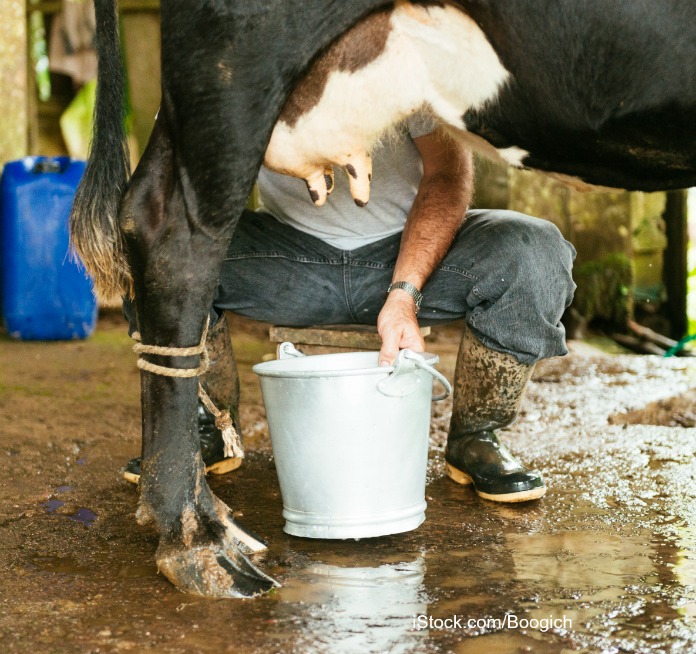A legislator in Montana has introduced a bill that would make raw milk sales legal in that state. HB 325 creates exemptions for raw milk products. The bill is scheduled for a hearing on February 9, 2017.

The bill would legalize herd and animal share programs, and would allow the sale of raw milk to consumers on the farm. A herd share is where people buy shares in cows on a farm, then they receive the products from that animal.
Jim Murphy, Bureau Chief of the Montana Department of Public Health and Human Services testified against another raw milk bill on January 28, 2015. He said, “when [our department] examines the well documented risks of consuming raw milk and compare those with the limited benefits, we cannot support making a product that can be potentially harmful more widely available.”
He went on to state that “consumption of raw milk is directly associated with disease outbreaks. Since 1998 at least 93 outbreaks sickening almost 1,900 people, hospitalizing 200 and killing 2 have been directly linked to raw milk.” In the last five months, four raw milk outbreaks have sickened at least 35 people in the United States.
Murphy added, “81% of the outbreaks attributed to raw milk occurred in the states that have legalized sales. The number of outbreaks has increased in recent years as more states expand the availability or raw milk, from 30 in 2007-2009 to 51 in 2010-12.”
And in the October 2014 issue of Montana One Health, the headline reads, “Raw Milk Does Not Do a Body Good.” That article states that “unfortunately, the number of illnesses caused by consumption of non-pasteurized milk products is likely 25 to 30 times greater than those reported to public health. And, “enteric illnesses caused by non-pasteurized milk products can spread through the fecal-oral route from ill persons to those who did not choose to consume these products.”
Raw milk can be contaminated with bacteria through cow feces coming into contact with milk, since the udder is located near the anus; bacteria on the skin of the animal, and mastitis. Pasteurization is the only method to make this product safe.
Raw milk can contain Brucella, Campylobacter, Listeria monocytogenes, Salmonella, E. coli, Shigella, and Yersinia bacteria. And because those bacteria can clump together, testing the product can easily miss the pathogens.




